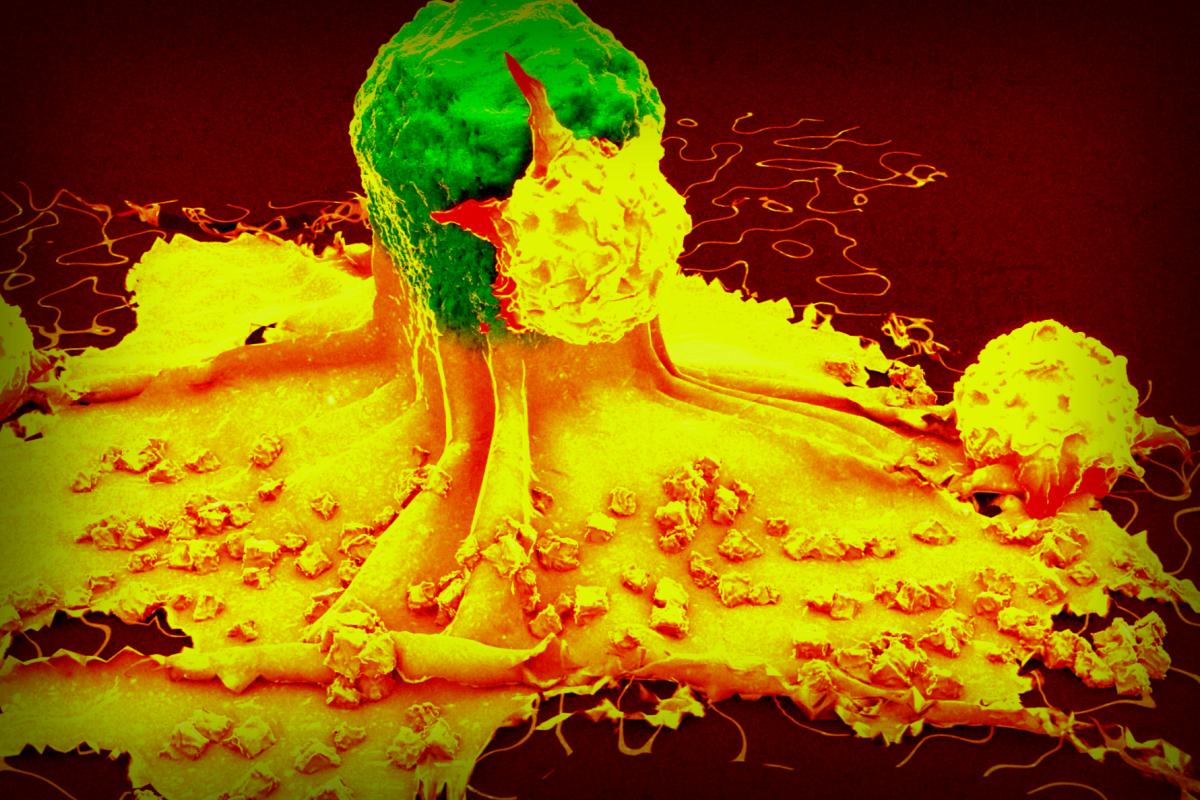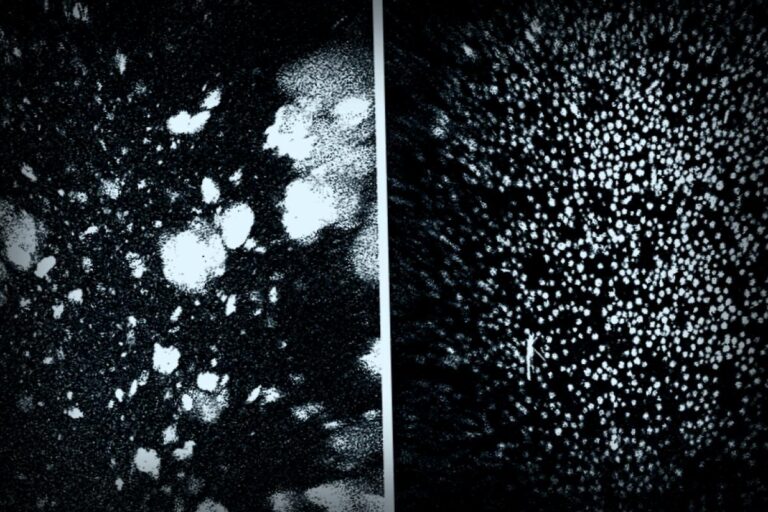Researchers are buzzing about a groundbreaking nanoparticle vaccine designed to thwart or even slow the progression of numerous cancers in mice.
This ambitious project, spearheaded by Prabhani Atukorale from the University of Massachusetts Amherst, suggests that this vaccine could significantly hinder the spread of cancer in individuals deemed high-risk.
Atukorale explained, “By cleverly crafting these nanoparticles to stimulate the immune system through multi-pathway activation combined with specific cancer-related antigens, we’re achieving impressive survival rates and stunting tumor growth.” You can read more about it in their official statement.
In their recent publication featured in Cell Reports Medicine, the research team details how the shot works: it envelops adjuvants—substances that bolster the immune response—and melanoma peptide antigens within specialized lipid nanoparticles.
During their studies, an impressive 80% of the vaccinated mice, which were previously exposed to melanoma cells three weeks earlier, stayed tumor-free for the entire 250 days of observation. In stark contrast, all unvaccinated mice or those given alternative formulations not using nanoparticles succumbed to tumors, none of them lasting more than 35 days.
The success of this nanoparticle vaccine lies in its ability to stimulate the mice’s immune systems to produce T cells—white blood cells vital for fighting off infections and cancer—that effectively recognize and confront the melanoma.
Atukorale further noted, “Metastases are a major challenge in cancer treatment. Most cancer-related fatalities are linked to metastasis, presenting difficulties with challenging cancers like melanoma and pancreatic cancer.”
In another part of the study, 88% of the mice vacced against pancreatic cancer successfully rejected the tumor, while 75% and 69% of those exposed to breast cancer and melanoma, respectively, managed to fend off the disease.
Griffin Kane, a UMass Amherst researcher and the paper’s primary author, stated, “The tumor-specific T-cell responses we’re generating are vital for giving mice a better chance at survival. There’s a robust immune activation here when innate immune cells come into contact with our formulation, resulting in the presentation of antigens and the preparing of tumor-fighting T cells.”
This treatment could also train the body to reject or prevent future cancers down the line.
Atukorale further elaborated, “Immunotherapy provides a significant edge since memory isn’t just kept locally; we achieve systemic memory, which is essential since the immune system operates all over the body’s landscape.”
The research team envisions applying this drug design across various cancer types as both treatment and prevention methods—a potential expansion they are actively pursuing through their new startup, NanoVax Therapeutics.
However, translating this advanced technology from mice to humans is far from straightforward. It may take years before practitioners understand if this system will work in human patients or if it can be deemed safe. There are still pressing efforts to assess the risks associated with activating the immune system to target pathogen cells, including cancers.
Summarizing their findings, the researchers noted: “Future studies, including those that assess systemic inflammation markers and tissue-level pathology, are crucial for a thorough evaluation of safety and potential clinical application.”
Additional insights on cancer:Growing Rates of Lung Cancer Among Non-Smokers Are Alarmingly High
The post Exciting New Vaccine Shows Potential to Prevent Multiple Cancer Types in Mice appeared first on Futurism.





















